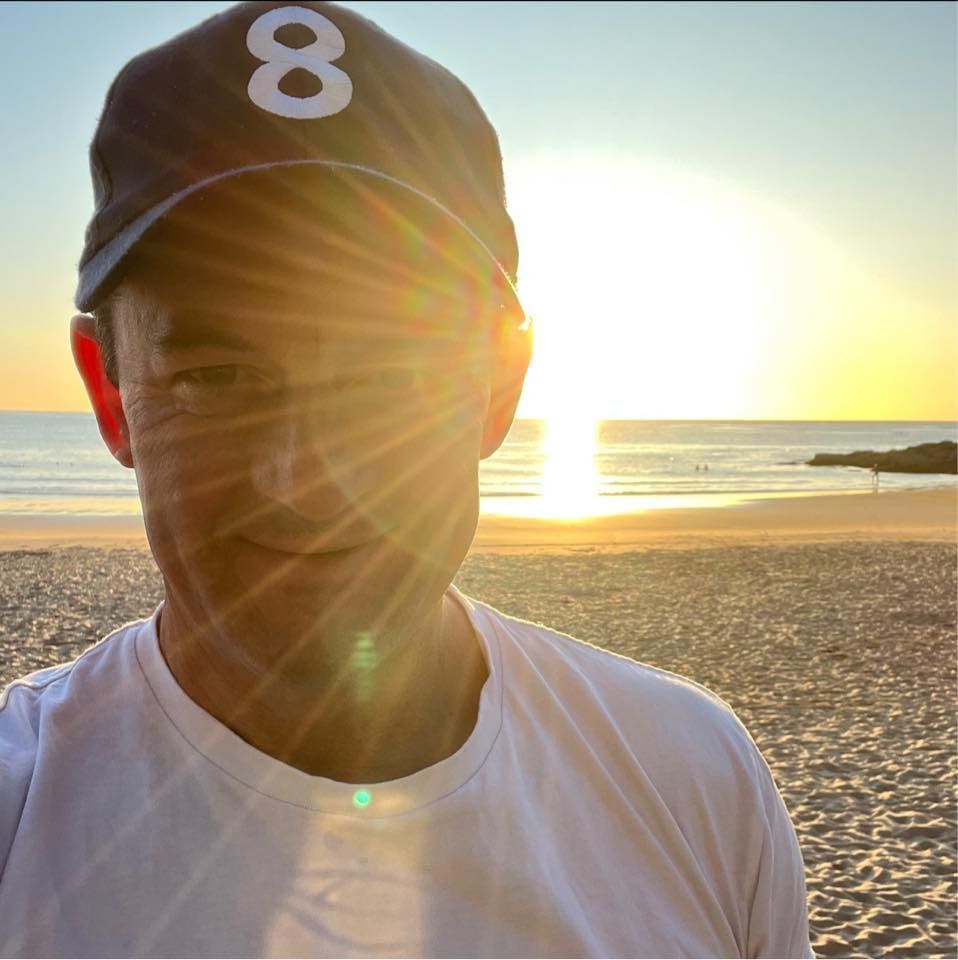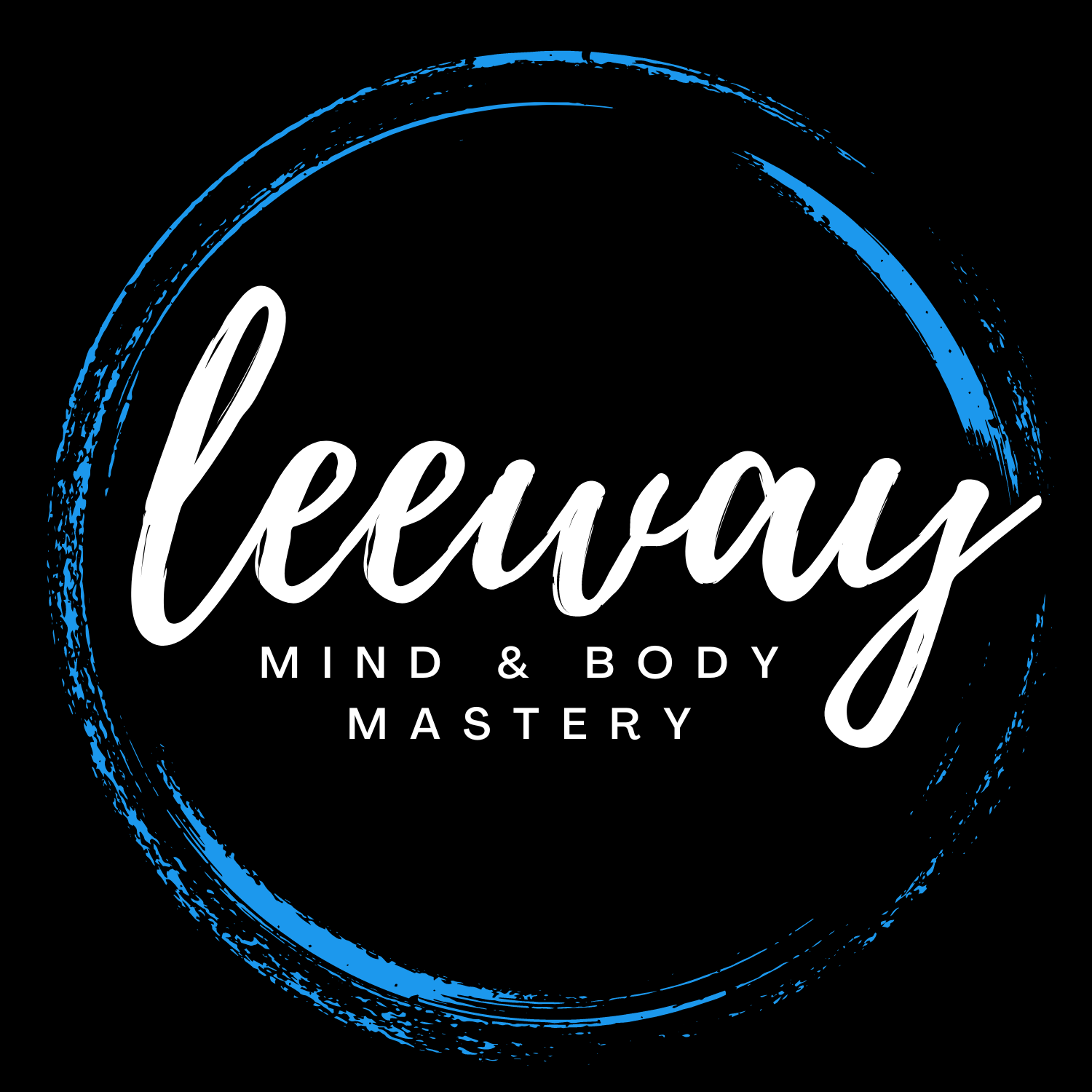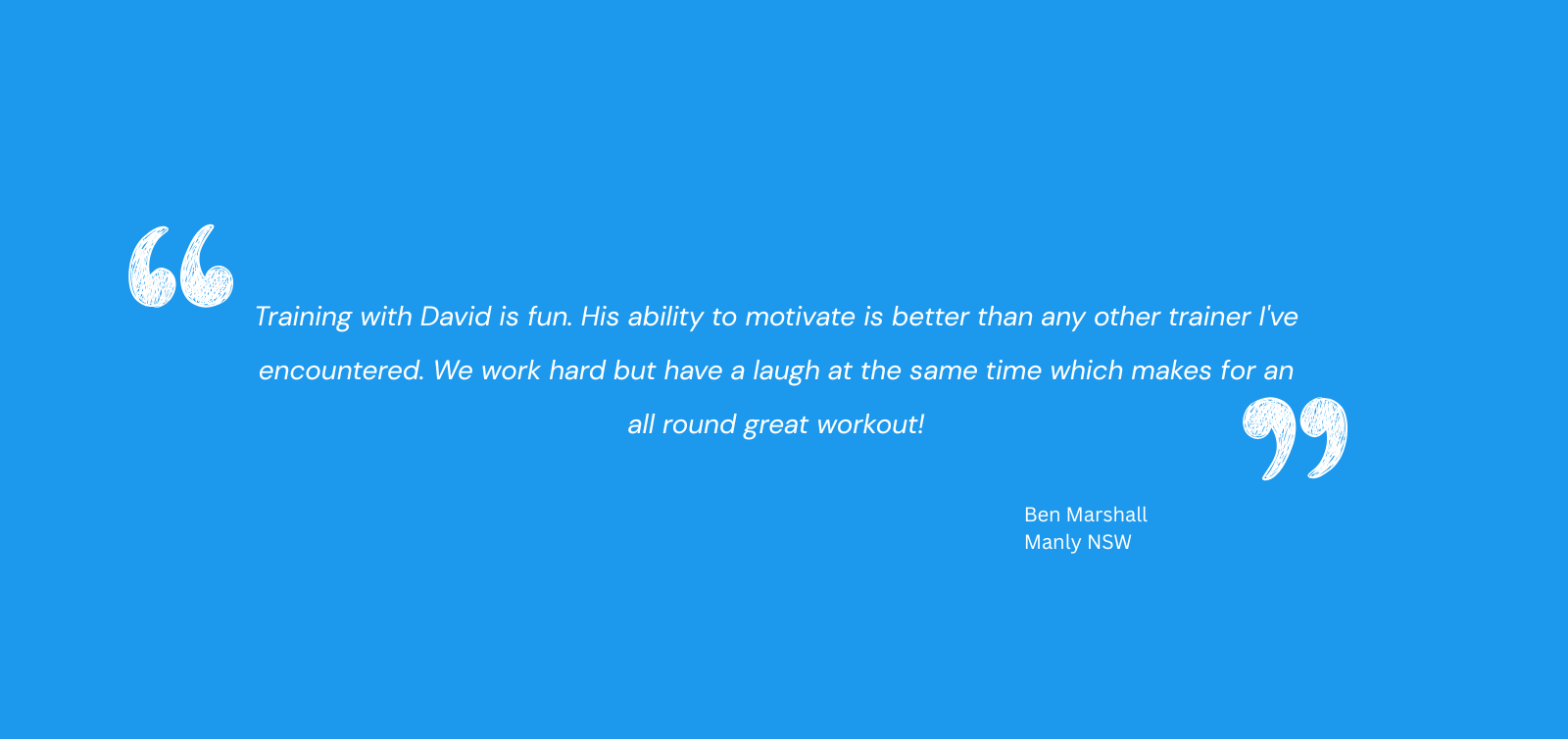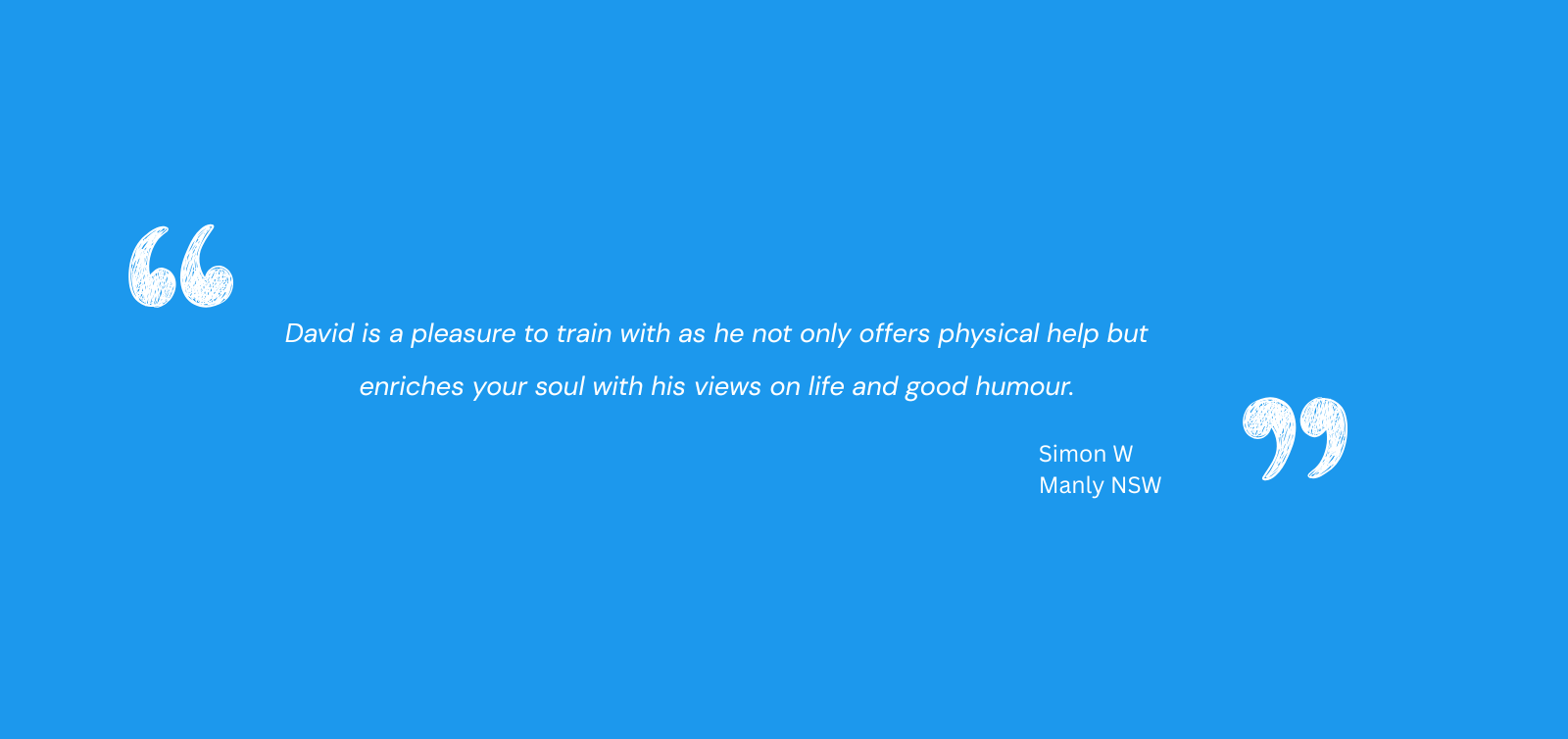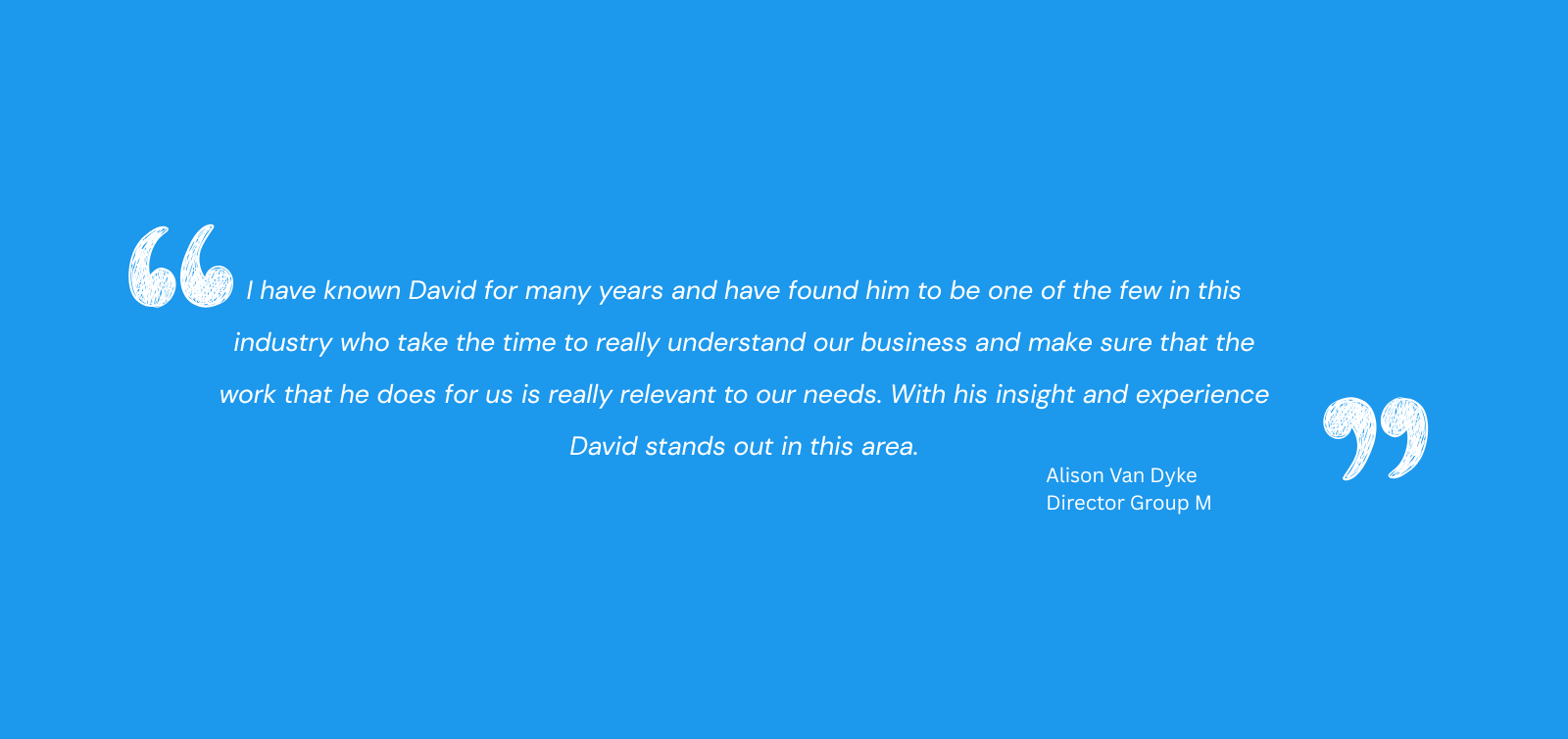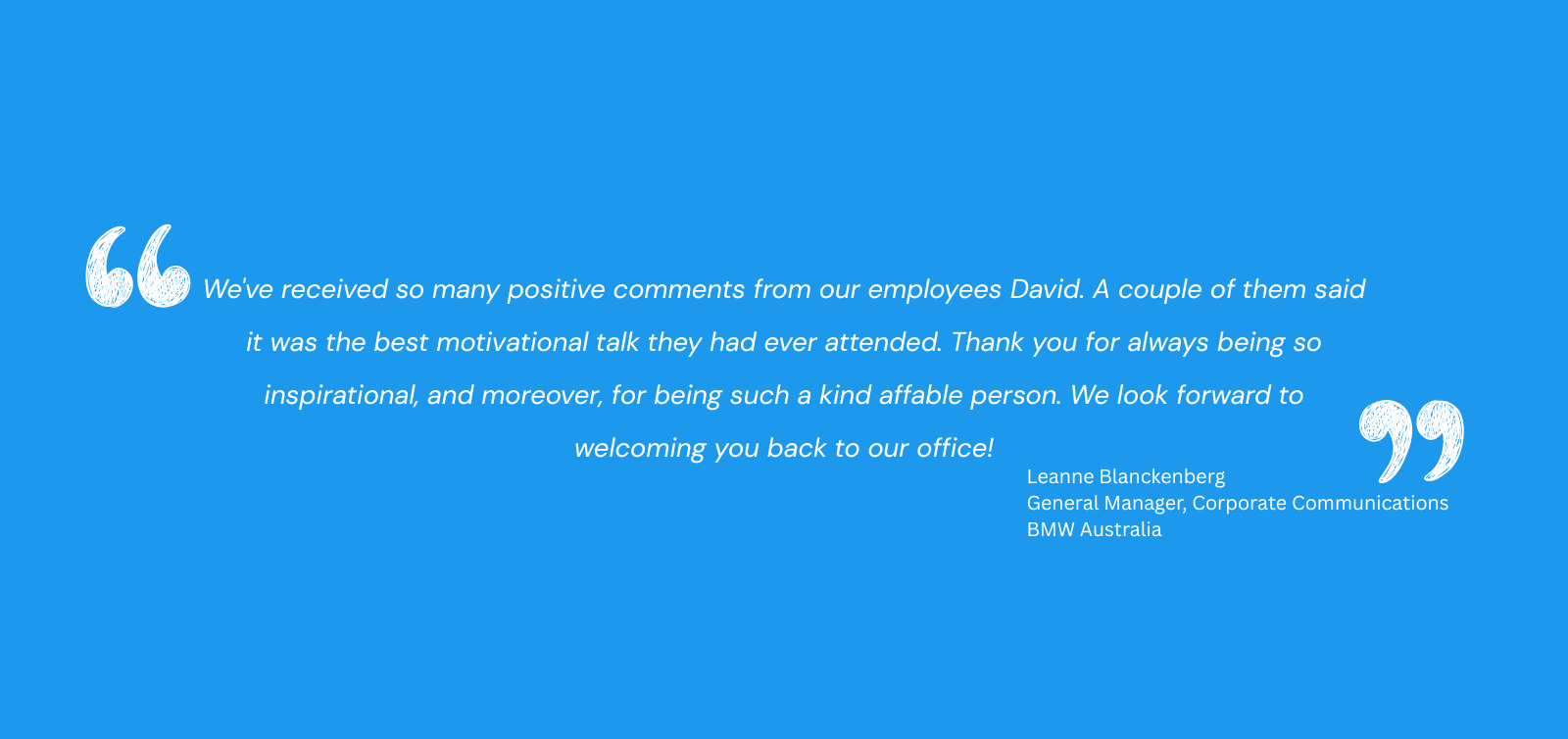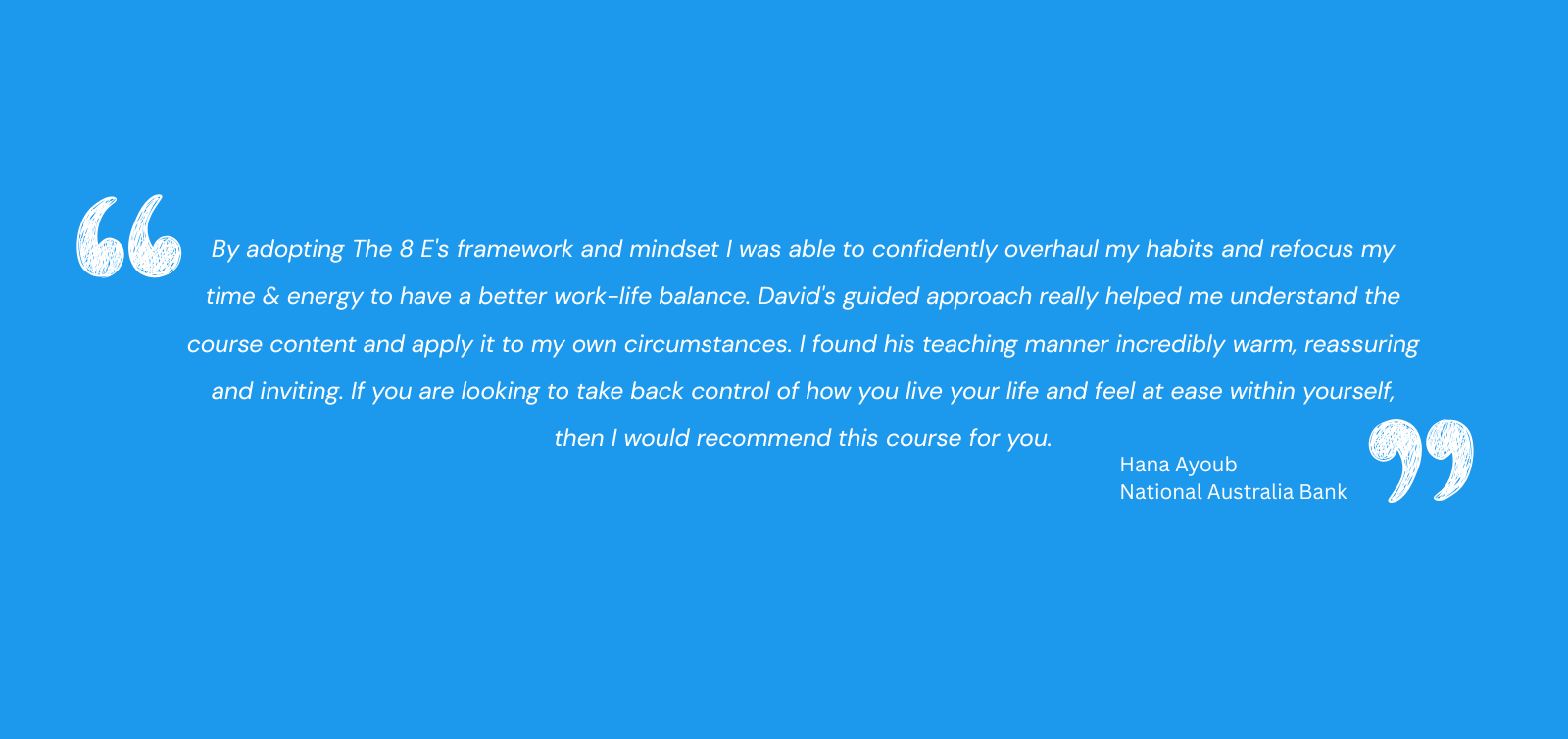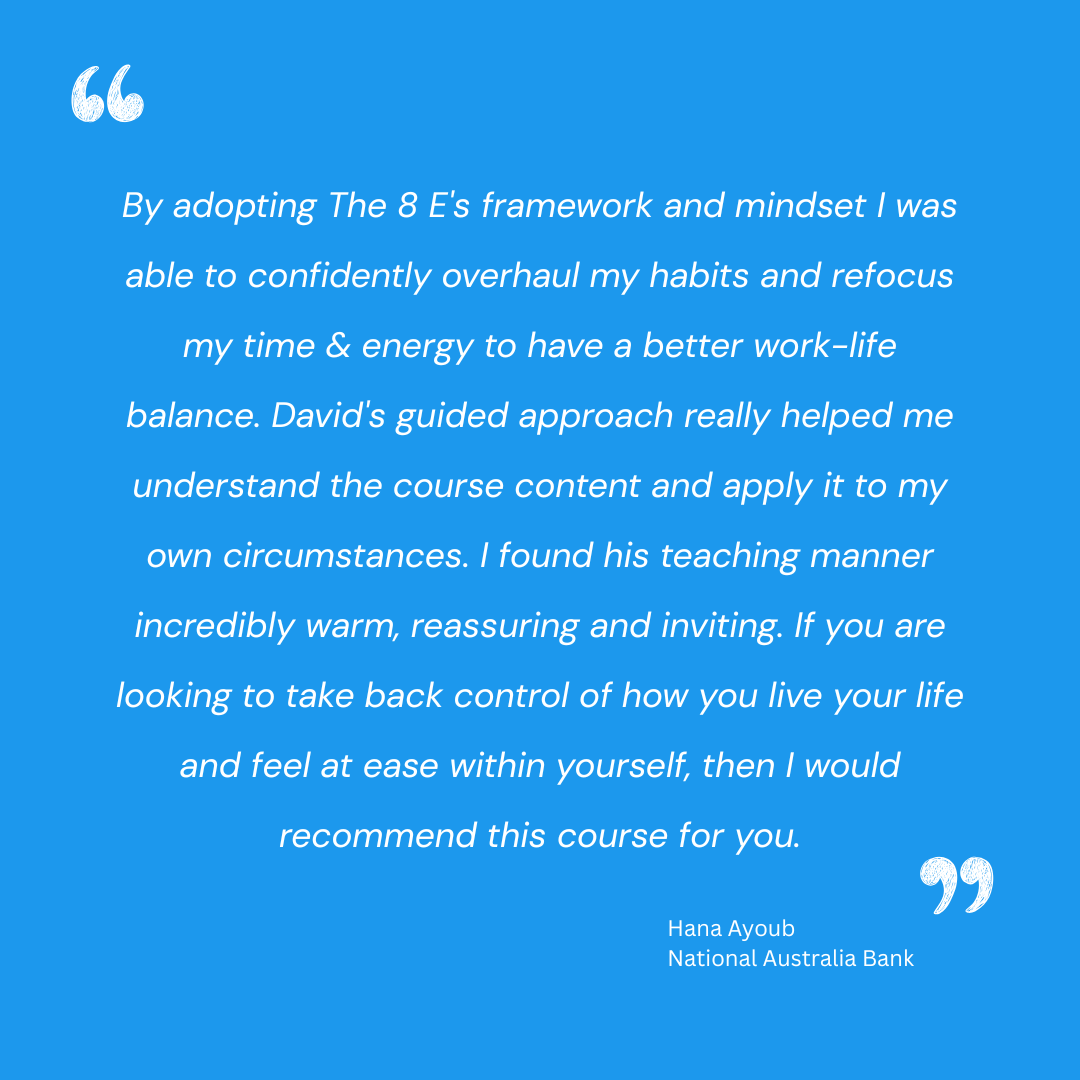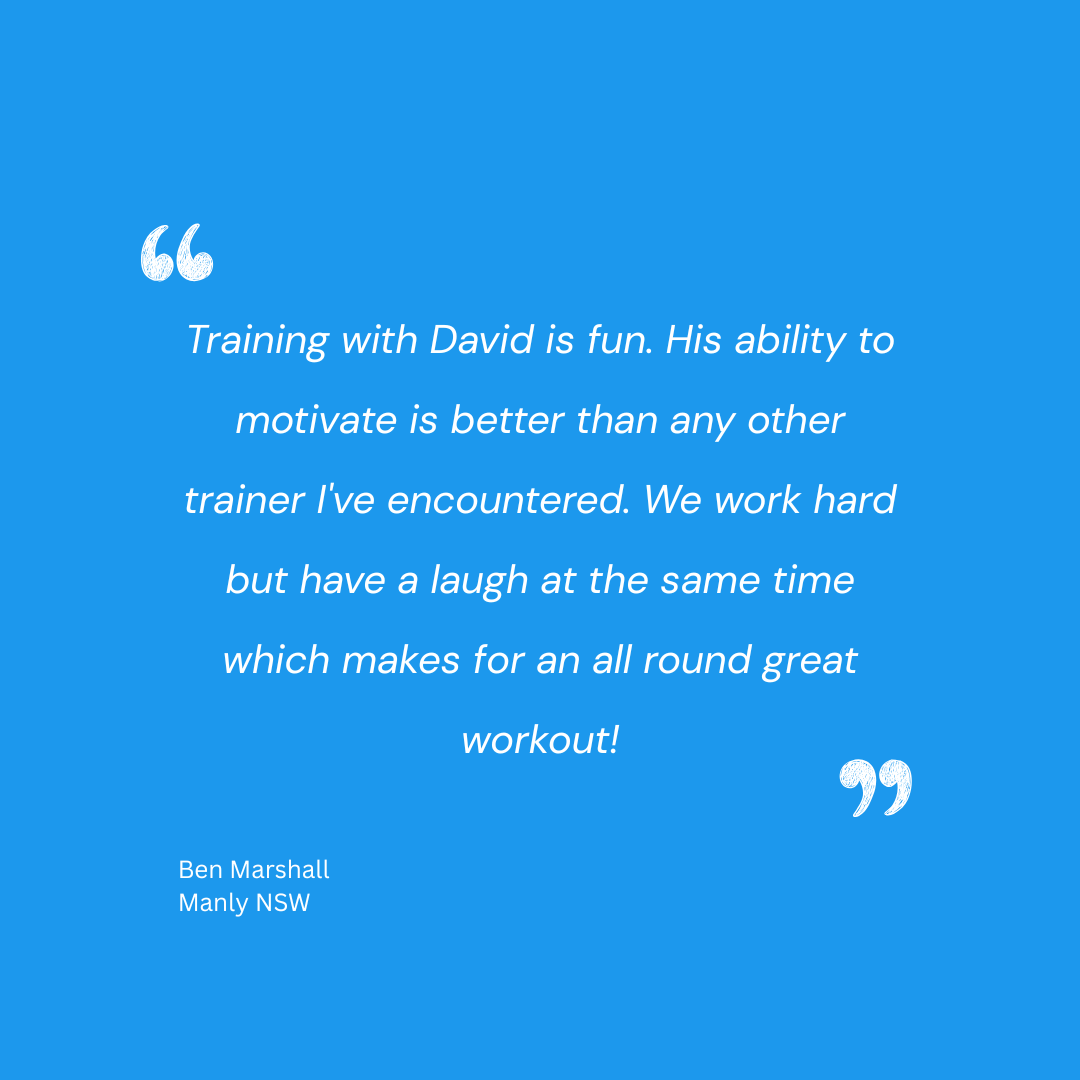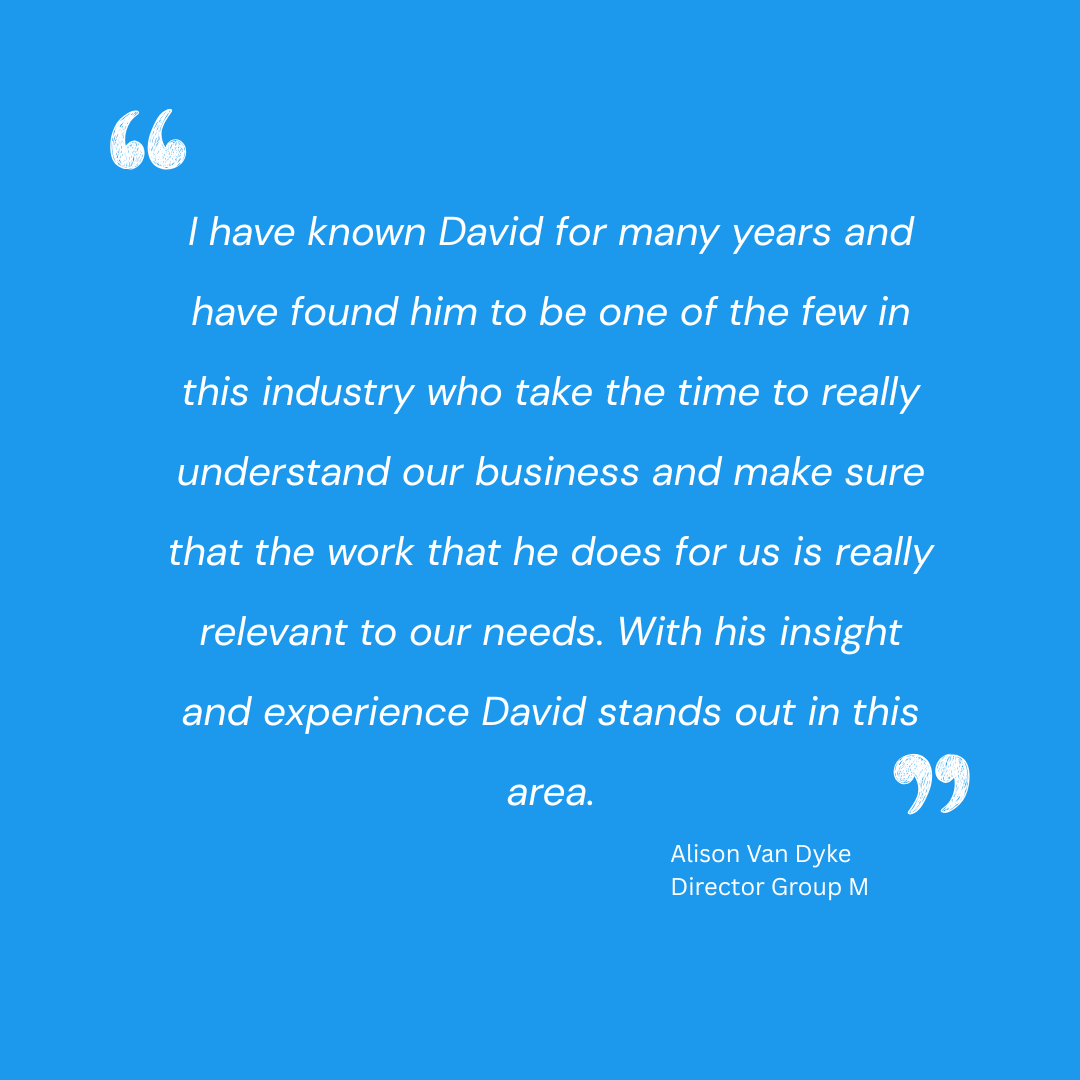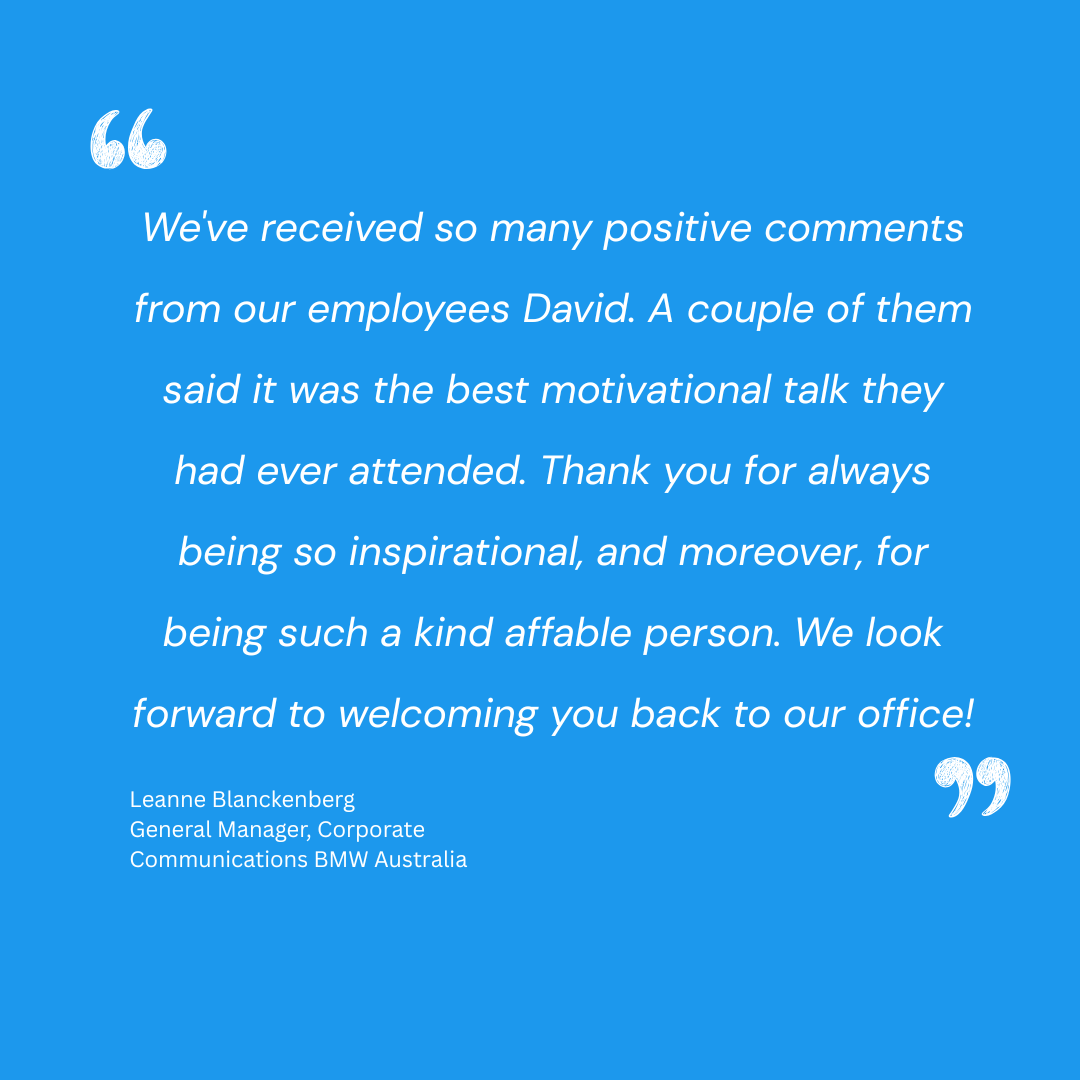Working 9 to 5? what a way to make a living ....
"You don't have to make yourself miserable to be successful... success isn't about working hard; it's about working smart." Andrew Wilkinson
“Work hard, play hard” was the mantra of the late 80’s when I joined the workforce. This was the era of excessively long lunches and excessively long workouts to balance the excess.
As a Libran, my life has always been about equilibrium. So, I changed this mantra very early on in my career to “work smart, play smart”
These days I am not trying to even out the balance sheet of excessive input with excessive output.
I spend half the time in the gym that I used to when I was 20, yet I still lift the same kilograms in weight as I did when I was 20, with more sets and reps than back then and with much better results.
Many of my clients feel their lives are out of balance as far as work and life are concerned right now.
The honeymoon is over, as Covid restrictions have eased and it is a return to the office for most, with added travel time and the great resignation, seeing many picking up the extra workload, whilst replacements are being found (or not)
“8 hours for work, 8 hours for sleep and 8 hours for what you will” was the battle cry of the workers industry during the industrial revolution. No individual or organisation as such, was responsible for the 40-hour week, but the workers themselves, achieved through various on the job sit downs and strikes.
The Ford Motor Company advanced the idea in 1914, when it scaled back from a 48-hour to a 40-hour workweek after founder Henry Ford believed that too many hours were bad for workers’ productivity.
Here in Australia, it was in 1927, that the Australian Conciliation and Arbitration Commission (ACAC) decided to reduce ordinary weekly working hours from 48 to 44. The 40-hour working week was adopted in 1947 and, in 1983, the ACAC introduced the 38-hour week.
Some of my clients are working as many as 70 hours per week - most; at least 8am to 6pm.
Based on my understanding of the old Dolly Parton song “Working 9 to 5” and the ACAC; 8am – 6pm is 10 hours a week more than the ACAC legislated.
So, think about this, with your additional 2 hours a day, overtime over a week -
10 hours a week x 48 weeks (assuming you take the 4 weeks holidays owed to you each year-many don’t…) = 480 hours a year that you’re taking away from yourself or your family if you work above the 38-hour work week and 60 extra workdays you are giving to your employer for nothing..
The average weekly earnings for full-time workers in Australia in 2021 was AU$1,713 (or AU$89,122 per year), according to the latest figures from the Australian Bureau of Statistics (November 2020) - $45 per hour.
At $45 x 10 additional hours per week ($450) x 48 that’s an additional $23,450 a year you are giving to your employer and more or less taking from the family table, whilst taking away from your rightful 8 hours leisure time.
Here’s a modern-day mantra I believe the working class should adopt
“8 hours work, 8 hours rest and 8 hours to do with as I please; I’ll turn my leisure time into treasure time, with David Lee’s Eight E’s"
By adopting a very simple framework I developed called the Eight E’s” of Equilibrium ™, which are designed to be practiced sequentially and revisited throughout the day, you will create a more balanced and fulfilling experience every single day of your life.
The Eight E's of Equilibrium™
1. Enlightenment. "Knowing others is wisdom, Knowing yourself is Enlightenment" Lao Tzu : Meditation, journaling, prayer
2. Education. "Education is the most powerful weapon you can use to change the world" Nelson Mandela : Learn & teach
3. Exercise. "To enjoy the glow of good health, you must exercise" Gene Tunney : Core/Abdominal, HIIT, LISS, Hybrid
4. Eating. "Bad men live that they may eat and drink, whereas good men eat and drink that they may live" Socrates: Food as fuel
5. Engagement. "If you engage people on a vital, important level, they will respond" Edward Bond : Partner, Children, the lonely
6. Encouragement. "Correction does much, but encouragement does more" Johann Wolfgang von Goethe: Verbal sunshine
7. Entertainment. "Before machines, the only form of entertainment people really had, was relationships" Douglas Coupland:
Dip out for an hour, escape the grind - but don't be dumbed down by your "smart" TV or Phone
8. Embodiment. "Do, Be, Have" David Lee: – What DO you have to DO? to BE who you want to BE? to HAVE what you want to HAVE? DO BEHAVE...
If every day, you can spend an hour on each of the Eight E's; you will find true value in your leisure time.
If you can keep each of the Eight E's in mind; you will find more personal responsibility and commitment to your purpose.
If you limit mind numbing TV to 1 hour a day, you’ll find you are a more switched on individual and more driven in other areas of your life.
I have been encouraging my clients to adopt the Eight E’s of Equilibrium ™ in order to make sure they are balancing the time they spend outside of work and sleep.
In my books and those of every Doctor; 8 hours sleep is non- negotiable. Any parent of a new-born or toddler, will know full well why sleep deprivation has been used as torture throughout warfare over time.
We’ve all heard that we spend a third of our lives sleeping – this is determined by the fact that 8 hours is a third of one day. If the average age at which we die in Australia is 85 and we spend 1/3rd of our lives sleeping, then this equates to 28 years spent recovering and recharging and hopefully dreaming, throughout our lives.
For those who believe sleep is not important or trade sleep time for working late hours or binge watching programs that will never feature in their journaling…. and only sleep for 6 hours each day (75% of their required sleeping time) then it is most likely that they will spend one third of their life sleeping as well. 75% of your 85 years, equates to around 65 years of age, curiously, the supposed age of retirement… nobody ever said on their deathbed "I wish I spent more time at work"
So get your 8 hours of sleep a day, work the entire 8 hours that you owe your employer, AND take advantage of the 8 hours you have earned and deserve for your leisure time.
Work all the time you work!
You will have no reason to feel guilty or compelled to add any unpaid overtime to your working day, if you honestly work all the time you work.
I’m delighted to recognise these days, that I have further changed the “Work hard, play hard” mantra of the Eighties, to “work smart, play smart with the Eight E’s…”
E well.
DL
“Lucky, lucky, lucky me I'm a lucky son of a gun. I work eight hours, I sleep eight hours, that leaves eight hours for fun”
– Annette Funicello - CATCHY SONG HERE
If you would like to discuss Leeway Mind and Body Mastery Pty Ltd. hosting an in-house or online 2 hour workshop with your team, on work/life balance, through the adoption and implementation of The Eight E’s of Equilibrium ™ please email hello@leeway.com.au or me david@leeway.com.au for a proposal on the inclusions and guaranteed outcomes.
If you can find the time....
If you have some short term goals that you want to achieve or need to kick start a new beginning in your life, reach out to Book some time in with me HERE, or drop me a note on email.
Don’t keep this to yourself. Spread the word.
